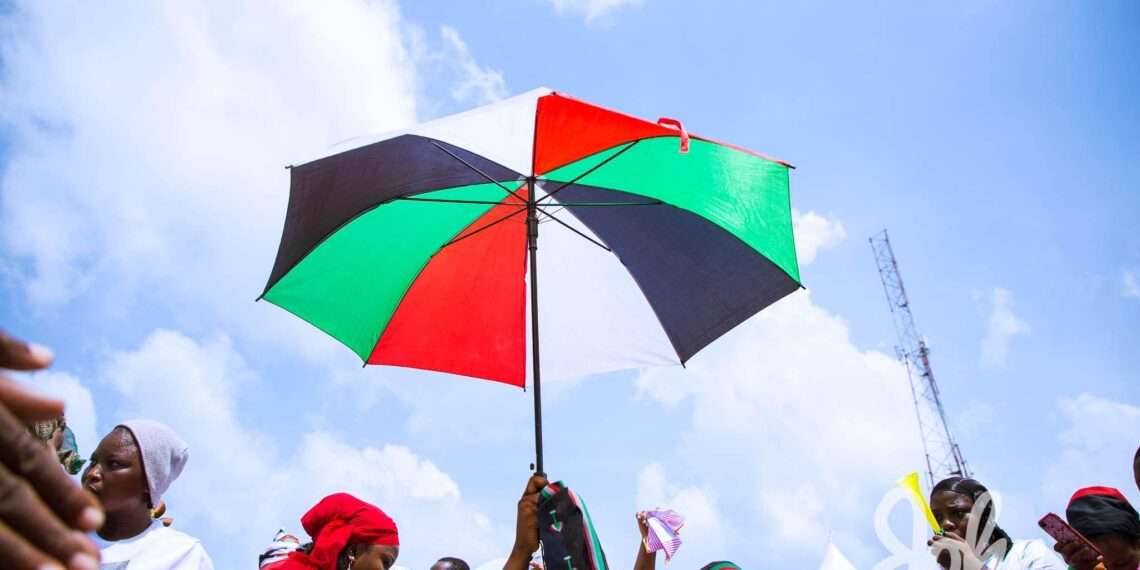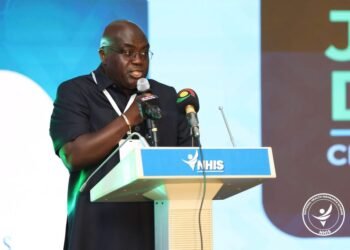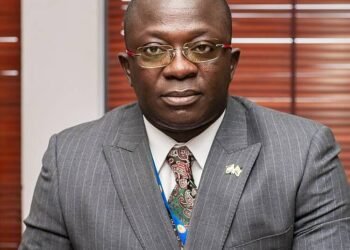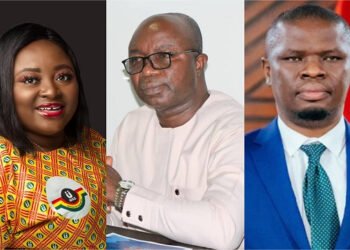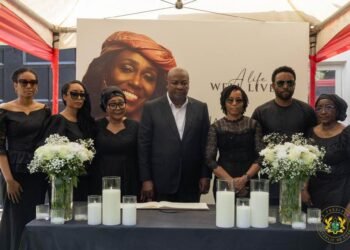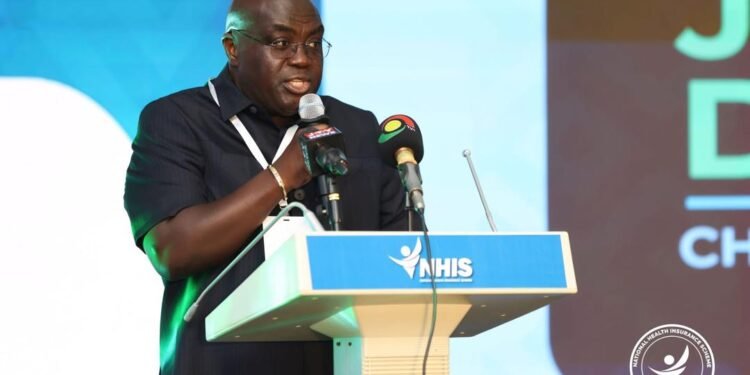Ghana’s MCC ineligibility for 2026 has sparked heated political debate, with the ruling National Democratic Congress (NDC) and opposition New Patriotic Party (NPP) trading accusations over who bears responsibility for the country’s disqualification.
Nuong Faalong, a prominent member of the NDC Communications team, strongly rejected claims from the opposition that the current government is to blame for Ghana’s exclusion from the Millennium Challenge Corporation’s (MCC) foreign aid program for the fiscal year 2026.
She described these accusations as “misleading and dishonest”, insisting that the roots of the issue trace back to decisions made under the previous NPP administration.
“It must be corrected that in 2022, under the leadership of the Nana Addo/ ‘whizkid’ Bawumia administration, Ghana suspended external debt repayments, extended maturities to 2026, and introduced the Domestic Debt Exchange Programme (DDEP) as part of the conditions for securing the IMF bailout.”
Nuong Faalong

Faalong emphasized that these particular decisions created the conditions that ultimately led to Ghana’s present disqualification under MCC guidelines.
She explained that the actions taken by the former NPP administration directly triggered the MCC classification, which has now impacted the country’s eligibility to receive critical U.S. foreign assistance, placing additional strain on Ghana’s already fragile economy and international reputation.
She further stressed that the withdrawal of U.S. foreign aid is “not the fault of the NDC, but the deliberate result of the NPP’s terrible policy choices.”
Ghana Beyond Aid Irony
In a pointed critique, Nuong Faalong highlighted the irony of the situation, drawing attention to the NPP’s much-touted “Ghana Beyond Aid” vision.
She argued that the MCC decision aligns perfectly with the NPP’s rhetoric about moving Ghana away from dependence on foreign aid.
“Yet I see their frontliners running to town with a narrative that is both false and forced: are they not proud of their record?” Faalong asked, questioning why the opposition is now criticizing the very outcome their policies were meant to achieve.
Her comments come amid a wave of political discourse after the official release of the MCC’s Candidate Country Report for Fiscal Year 2026.
The report clearly states that Ghana is ineligible to receive foreign assistance from the United States due to restrictions tied to its debt status.

The MCC report noted, “Ghana is ineligible to receive foreign assistance pursuant to the debt default restriction in section 7012 of the FY [Financial Year] 2025 SFOAA pending a debt restructuring agreement.”
It went on to explain that Ghana is among 18 nations that, while considered candidate countries for MCC compact assistance, are currently barred from receiving U.S. economic assistance due to legal prohibitions in place as of August 6, 2025.
Ghana’s exclusion from the MCC program comes at a time when the nation is still grappling with the fallout from its recent economic turmoil.
The suspension of external debt payments and the DDEP were controversial moves that sparked public debate and significant hardship for many Ghanaians.
Analysts have pointed out that while these policies were necessary to stabilize the economy in the short term, they also came with long-term consequences, including the erosion of international confidence in Ghana’s financial standing.
The MCC’s decision underscores the global impact of Ghana’s debt crisis and raises questions about the country’s path forward.
Without access to MCC funds, which have historically been used to support infrastructure, agriculture, and other critical sectors, the government faces increased pressure to find alternative sources of funding.
Blame Game Intensifies Amid MCC Ineligibility
The political stakes surrounding the country’s MCC ineligibility are high. The opposition NPP seized on the issue as a tool to attack the ruling NDC, framing the disqualification as evidence of poor governance by the current administration.
However, Faalong’s remarks seek to flip the narrative by reminding Ghanaians of the decisions made under the NPP’s watch. She argued that the economic policies enacted between 2022 and 2024 directly led to Ghana’s current predicament.
For many citizens, the dispute between the two major political parties reflects a broader frustration with Ghana’s political landscape, where blame-shifting often takes precedence over problem-solving.
As the matter continues to dominate headlines, the key question remains whether the government can successfully negotiate a debt restructuring agreement that could eventually restore Ghana’s eligibility for future MCC funding.
Until then, the debate over who is to blame is likely to intensify as both parties prepare for upcoming elections.
Ghana’s ineligibility for MCC aid highlights the urgent need for transparency and accountability in managing the nation’s finances. It also serves as a stark reminder of the interconnectedness of domestic policies and international partnerships.
For now, Faalong and the NDC are calling on Ghanaians to see through what they describe as a deliberate attempt by the NPP to rewrite history.
Whether this strategy will resonate with voters remains to be seen, but one thing is certain: Ghana’s economic challenges are far from over, and how they are addressed will shape the country’s future for years to come.
READ ALSO:Ghana Vows Fiscal Discipline Beyond IMF Exit as 2026 Deadline Nears

